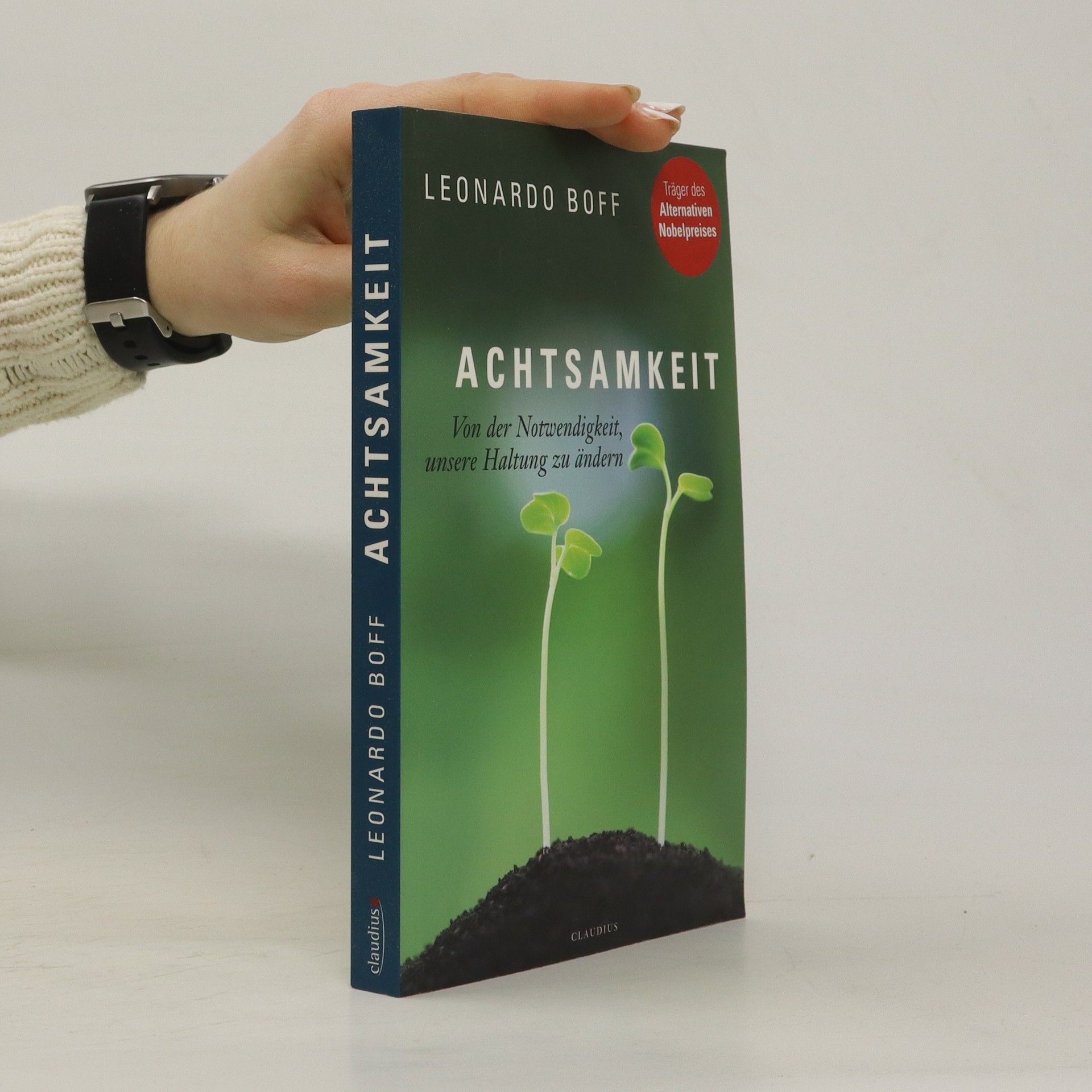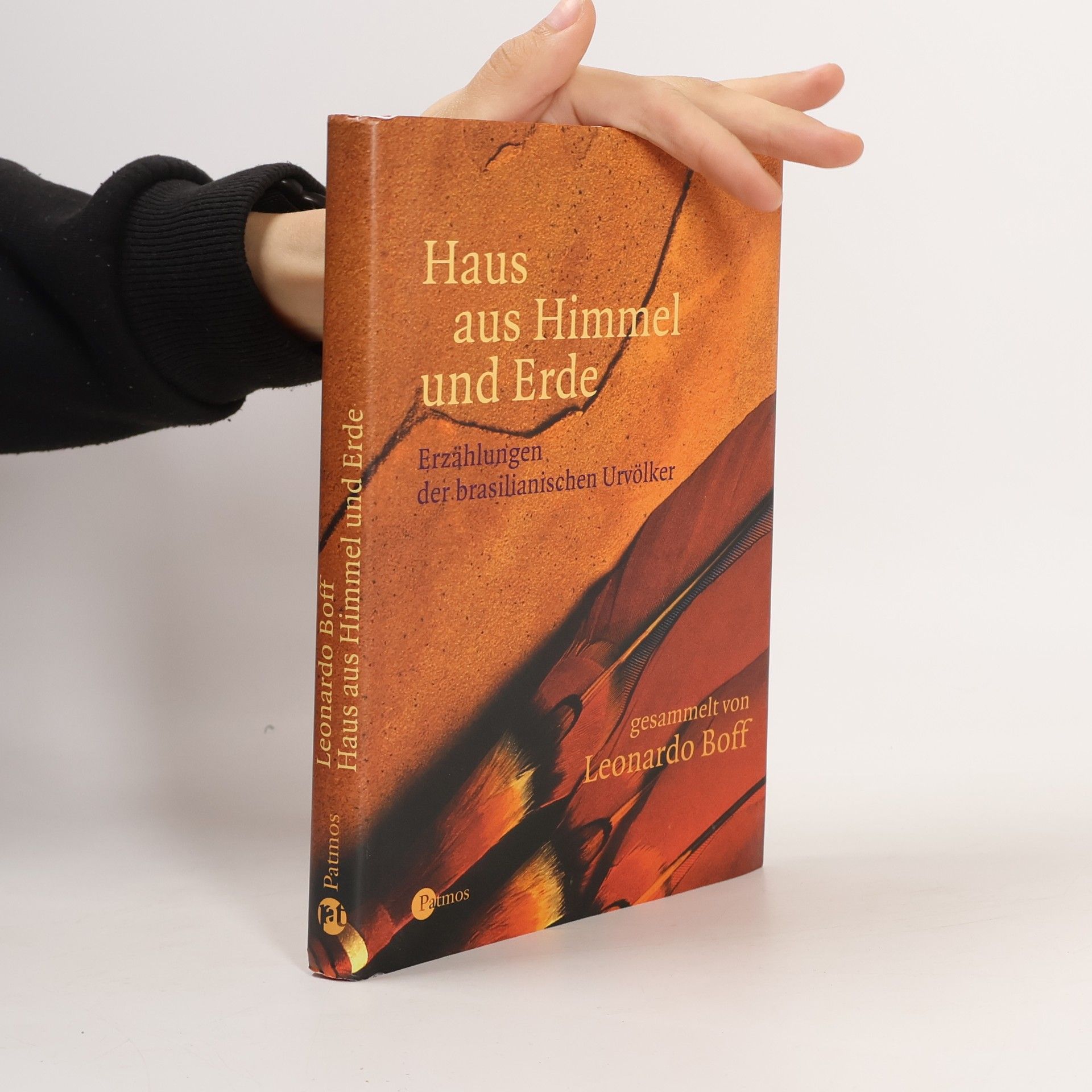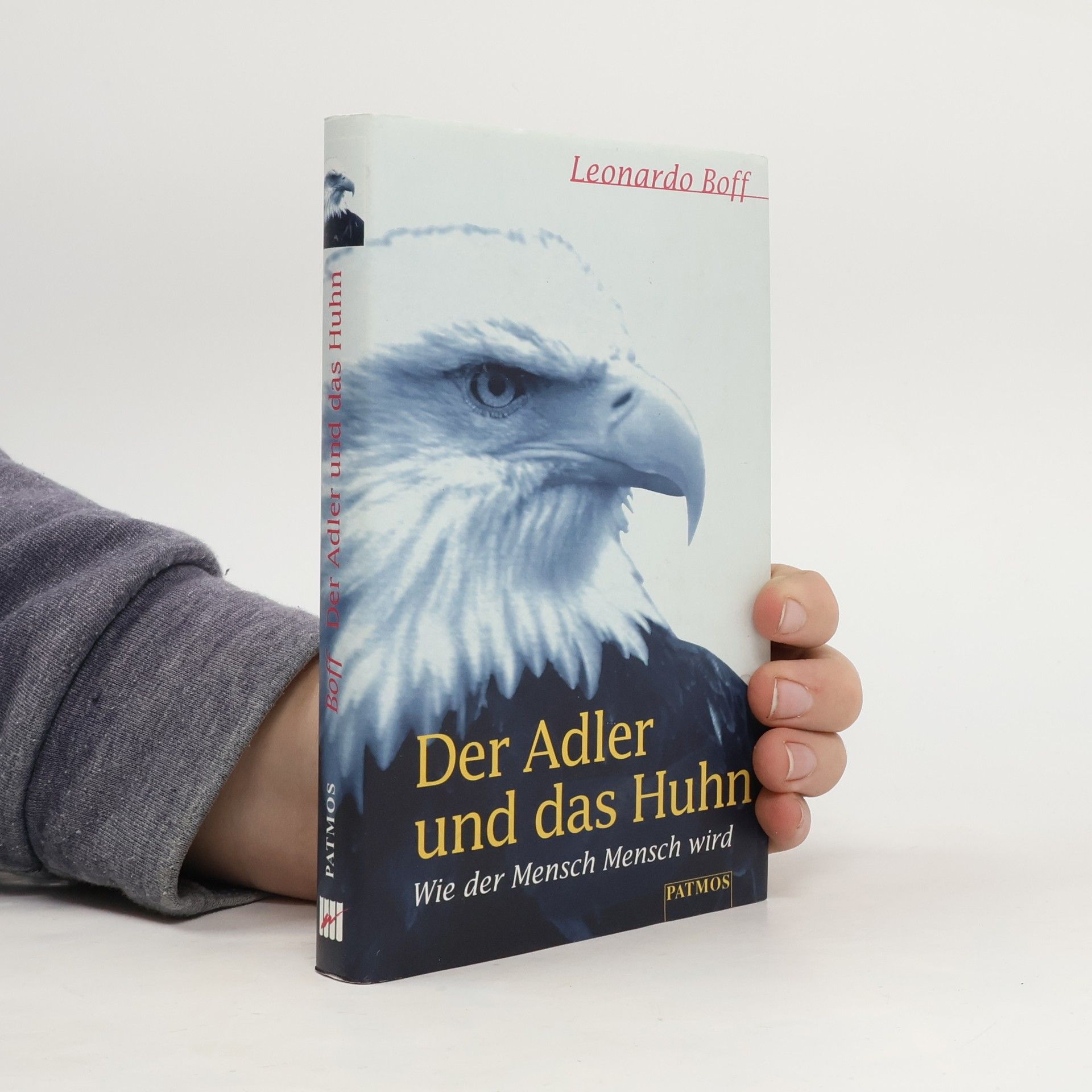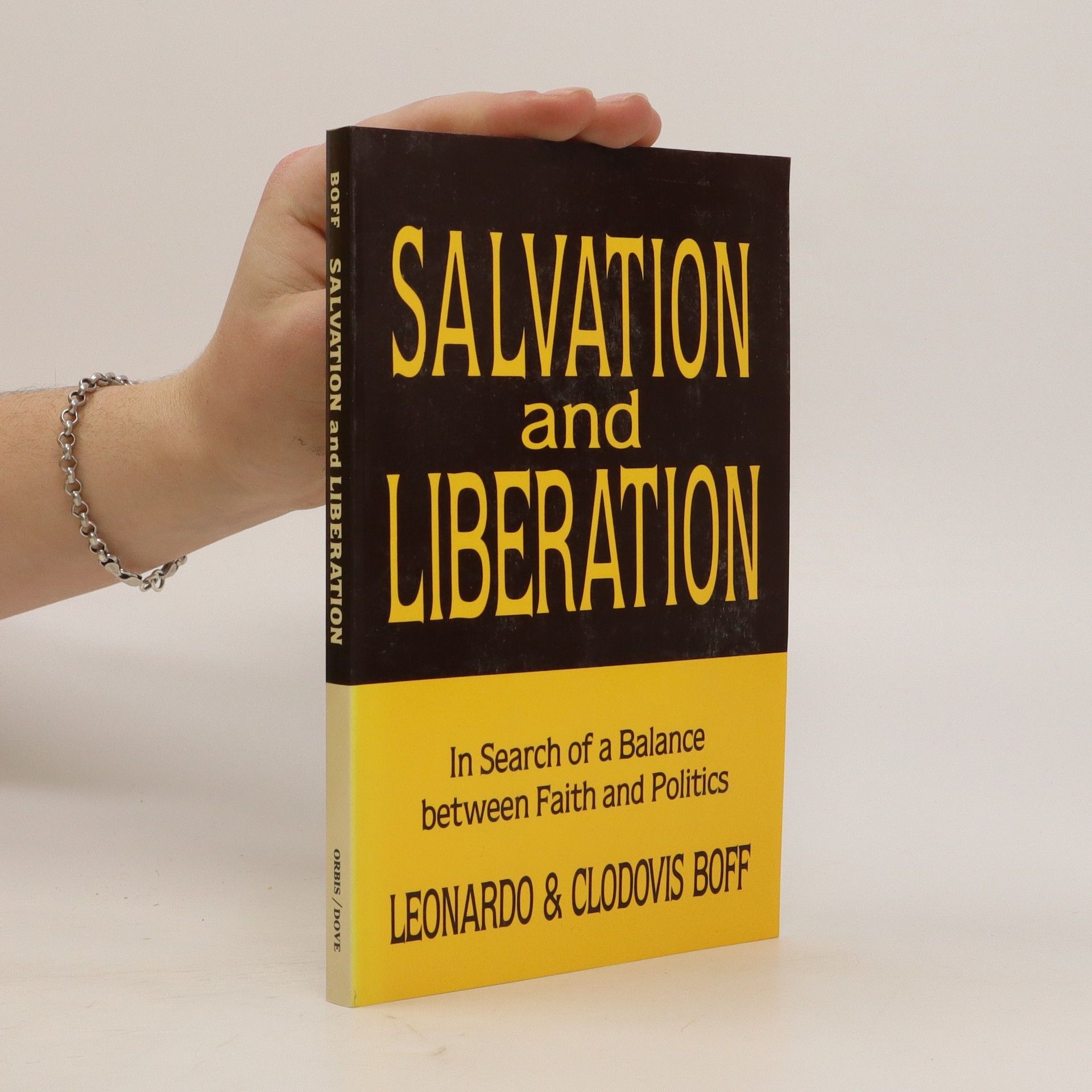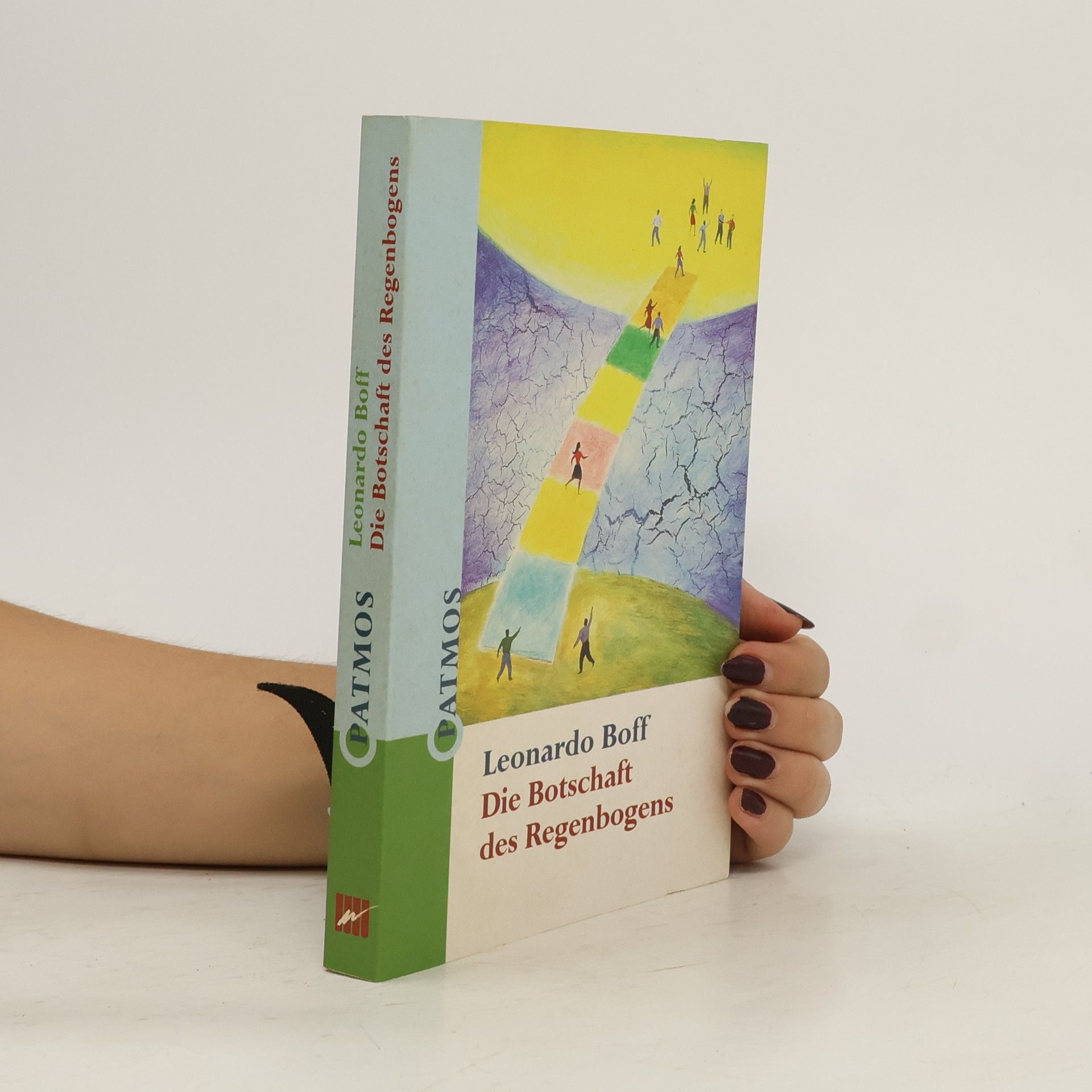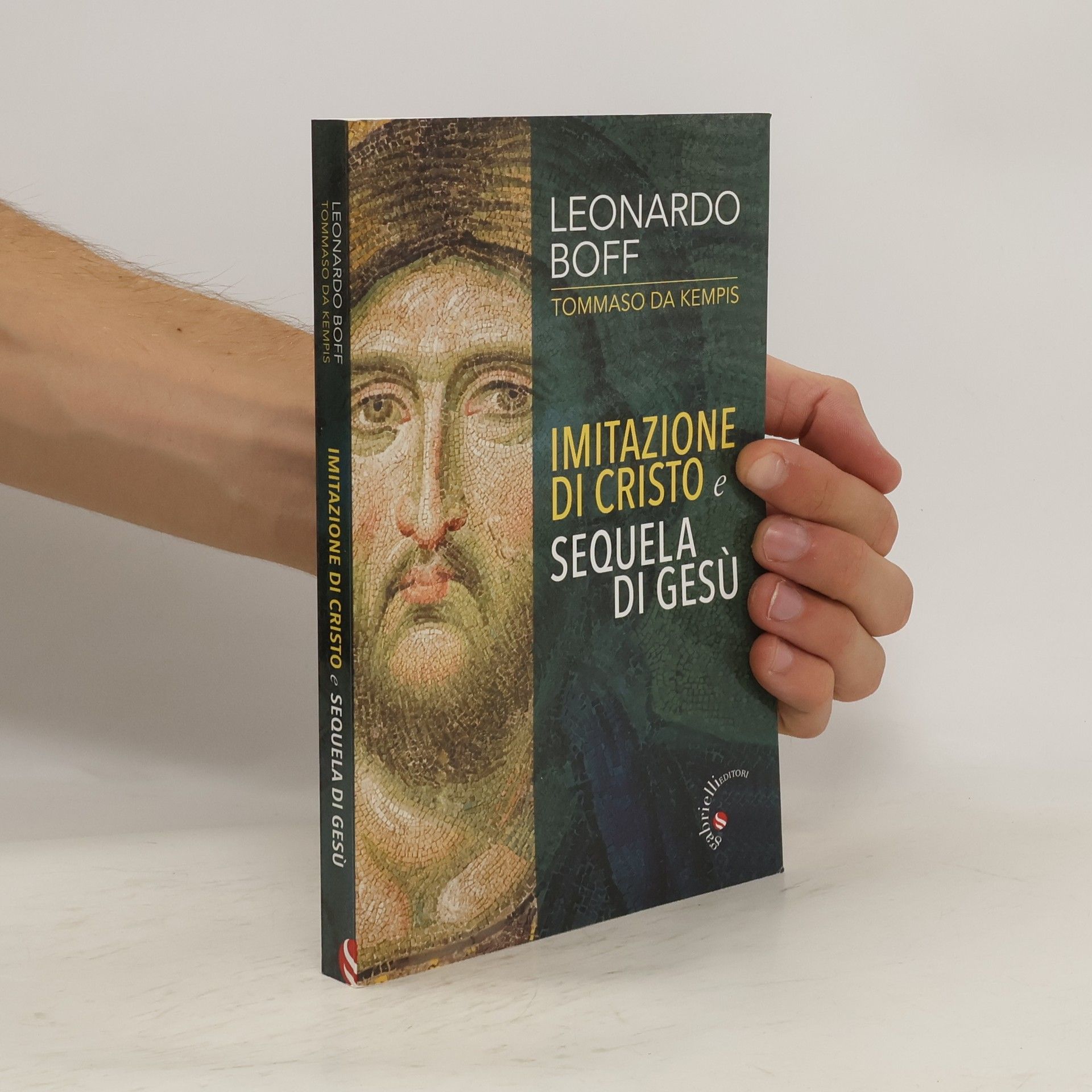Jesus and His Abba: A Little Christology
- 120 pages
- 5 hours of reading
The book explores the profound connection between Jesus and God, asserting that this relationship is central to understanding Jesus's identity and mission. Through this lens, the author delves into the implications of divine intimacy for Jesus's teachings and actions, emphasizing how this bond shapes his role within the broader context of faith and spirituality.

